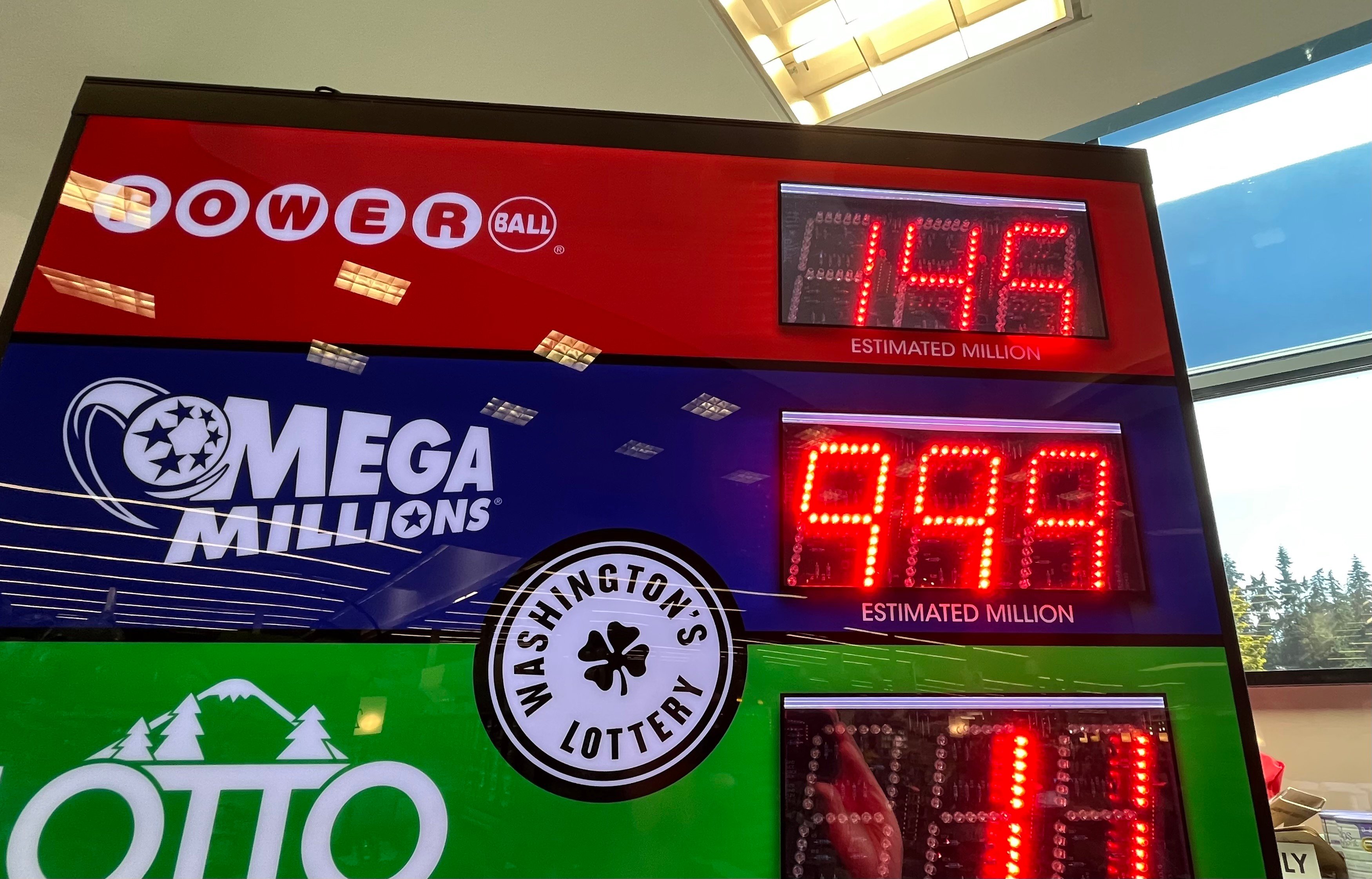
A lottery live draw macau is a system by which prizes (usually money) are awarded to ticket holders selected at random. Typically, tickets are sold by a state government to raise funds for a particular purpose such as public works or education. Lotteries have a long history and are found in every country around the world. Some are large and popular while others are small and less well-known. In the United States, the federal government oversees most state lotteries and the national lottery.
In the modern era, state lotteries have become an important source of revenue. They generate billions of dollars each year. Many people play the lottery for fun, while others believe that winning a jackpot will transform their lives. Regardless of the reason, it is important to understand how a lottery works and how to win.
The first lottery games were designed to provide entertainment at dinner parties or other social gatherings, in which guests would receive a ticket and compete to win prizes. Prizes may have consisted of fancy items such as dinnerware, or they could be cash. The oldest recorded lottery was held during the Roman Emperor Augustus’ reign for municipal repairs in Rome.
During the American Revolution, Benjamin Franklin sponsored a lottery to raise funds for cannons. Thomas Jefferson, meanwhile, launched a private lottery to help relieve his crushing debts. The modern state-run lotteries that we know today are the result of legislative and popular approval. The process is generally the same: a state legislates a monopoly for itself, establishes a state agency or public corporation to run it (as opposed to licensing a private firm in return for a share of the profits), begins with a modest number of relatively simple games and progressively expands its scope.
Most states regulate the lotteries to avoid illegal operations and promote fair competition. In some cases, the lottery commissions may even monitor the activities of private companies that sell tickets or manage the games. Despite this, smuggling and other violations are still common.
State lotteries are often promoted as a way to help the poor and needy, and it is true that they do do this. However, it is also true that the lottery does not raise as much money for disadvantaged citizens as many claim. In fact, studies have shown that the popularity of lotteries is not related to a state’s objective fiscal situation; they remain popular even when a state has ample tax revenue. Moreover, state lotteries tend to develop extensive specific constituencies. These include convenience store operators (who benefit from high sales of lottery tickets), ticket suppliers, teachers (in states in which lottery proceeds are earmarked for education), and state legislators who gain a reputation for supporting the lottery. In the end, these incentives may undermine the ability of state lotteries to make sound decisions about how to distribute their revenues.